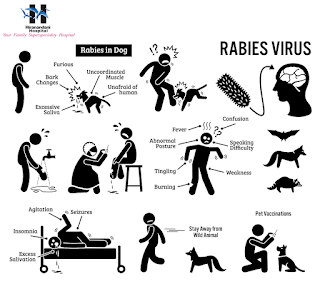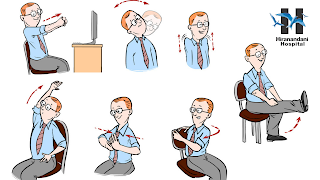What foods can you eat to assist you to get rid of muscle cramps?
Intense activity, neuromuscular anomalies, medical diseases, an electrolyte imbalance, drug use, and dehydration are likely to be common causes.
According to Dr Sujit Chatterjee CEO Hiranandani hospital, replacement of some nutrients, such as potassium, sodium, and magnesium, has been shown to aid with muscle cramps in some studies. Muscle cramps may also be exacerbated by nutrient deficits such as magnesium, vitamin D, and certain B vitamins.
Eating nutrient-dense foods high in specific vitamins and minerals may help reduce muscle cramping.
Causes of Muscle cramps
Uncontrollable spasm of our motor neurons (the nerves responsible for muscle movement) causes muscle cramps.
Contrary to popular opinion, general overuse and muscle weariness are the most common causes of cramping. Dehydration and electrolyte imbalances, on the other hand, can contribute to the onset of a cramp. Poor circulation also causes cramping, which occurs when your muscles do not receive enough blood and oxygen.
Here are the meals that may assist in the relief of muscle cramps.
- Fruits and vegetables high in potassium
Electrolyte imbalance causes many muscle cramps. Foods high in electrolytes, such as potassium, can help prevent them from occurring. Though bananas are the most common high-potassium food, other foods with high potassium content include avocados, potatoes, and leafy greens.
- Water
Dehydration causes these cramps. Though it may seem self-evident, water can aid in the prevention of cramps. Carrying a reusable water bottle with you throughout the day can also help you avoid cramps. It also provides a slew of other health benefits, ranging from improved heart health to more supple skin. There are a variety of hydrating foods that might assist you in meeting your water objectives.
- Magnesium
Magnesium has been demonstrated to help people who suffer from cramps. Pregnant women who experience regular cramps may benefit from taking a magnesium supplement, according to a study published in Maternal & Child Nutrition. When compared to the control group, which got a placebo tablet, participants who took a 300-mg magnesium supplement for four weeks experienced considerably less cramp frequency and intensity.
Conclusion
Muscle cramps can strike at any time, whether you're exercising or sleeping. Exhaustion and electrolyte imbalances severe muscle cramps. Drinking plenty of water and eating foods high in potassium and magnesium, on the other hand, can help prevent cramps from occurring in the first place, according to Hiranandani hospital Powai news.




Comments
Post a Comment